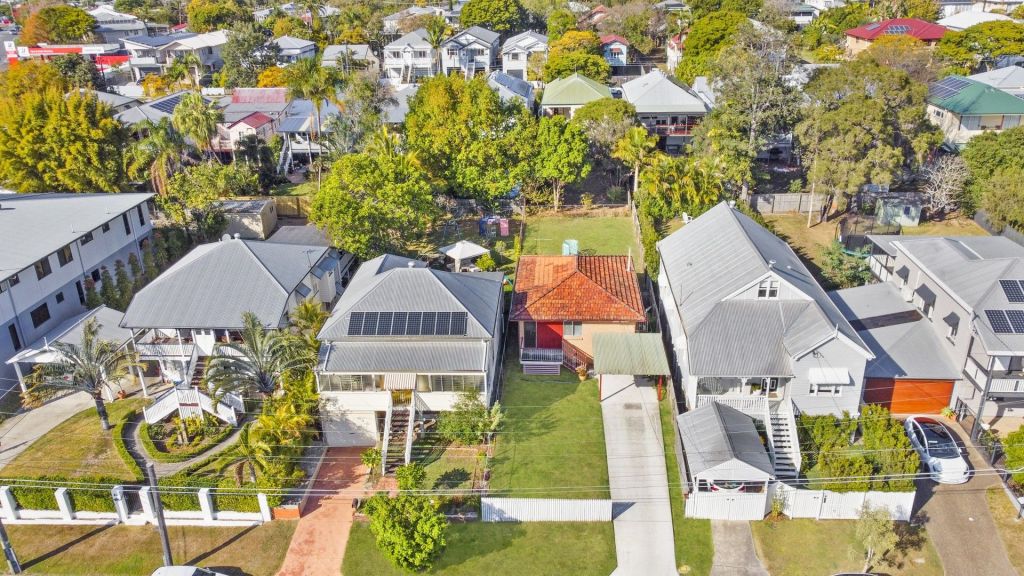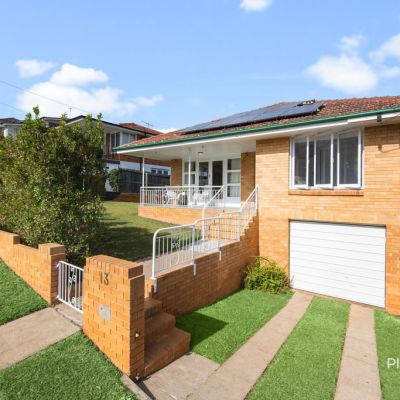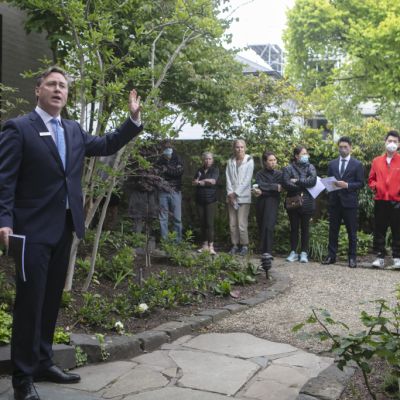How long does it really take to get a home loan?
Applying for a home loan is a big financial decision, but there are simple hacks to make the process as smooth and quick as possible.
Experts say long wait times for home loans to be approved have been slashed since the pandemic, with most lenders and banks turning around applications in less than two weeks.
The time it takes to secure a home loan depends on how busy the lender is at any given time, said Brisbane-based mortgage broker Ian Cook.
“On average, 14 days for finance but many lenders can do it more quickly,” he said. “From as little as two or three days if you have to, and a further two weeks for settlement. A one-month settlement is quite common.
“The better organised you are, the more likely you are to go to a lender with the best rate.”
Get your finances in order
The application process is usually drawn out and arduous when prospective buyers come to the table unprepared for the reality of a bank poring over every transaction on a 90-day bank statement.
“It’s a really good idea to have an initial meeting with your broker or bank as soon as possible,” Cook said. “So that you can start doing things like keeping your accounts in good order, making sure you don’t overspend in the three months prior to the application, making sure all your bills are absolutely paid on time.”
“And then have a meeting in order to understand, ‘Can I get equity? Where do I get the money from? What are the costs? What would the stamp duty be?’
“The earlier you have that knowledge, the better. If necessary, you can do a budget.”

This has become particularly prudent because prospective buyers’ borrowing capacity has been heavily reduced in the wake of recent interest rate rises, said Sydney-based mortgage broker Keegan Rezek, from The Lending Alliance.
Sixteen months ago, a single professional earning $100,000 excluding super, and with no debts, could typically borrow $700,000, according to Rezek.
“That same customer can barely get $475,000 now because of the interest rate environment. But property prices have not dropped 30 or 40 per cent like borrowing capacity.”
Secure pre-approval
Preparing application documents in advance – such as copies of payslips, birth certificates and passports – will speed up the loan process. “Some people are ultra-prepared and some people are more laissez-faire,” Rezek said.
Once all application documents are submitted, the turnaround to secure pre-approval is usually between two to eight days, according to Rezek.
“At the moment, I don’t know how much banks want to talk about it, but volumes are down,” he said. “Currently, turnaround times for applications are pretty good.”
Pre-approval gives buyers confidence to start taking the property search seriously.
“Getting a pre-approval is definitely a hack,” Cook said. “It makes the home loan process so much smoother – not so much faster – but much smoother. I also believe you’re in a better bargaining position with the seller or the real estate agent.”

While pre-approvals typically last for 90 days, Cook said it was important to remember they weren’t guarantees and things could change, such as bank policy or government schemes.
Once a purchaser has their offer accepted and signs a contract that is subject to finance, the bank will conduct a valuation of the property before formally approving the loan. Rezek said a four to six-week settlement was “more than enough time to convert that pre-approval into a formal approval”.
What about refinancing?
Home owners looking to refinance will also have to submit extensive documentation and undergo the same financial checks as they would for a new home loan.
“Refinance, in reality, shouldn’t be anything different but you get a greater choice of lenders because you don’t have that urgency,” Cook said.
“The hardest part is getting people to send us their documents. People are pretty good when purchasing because they want the property. Refinancing should be just as important because you are about to save quite a lot of money.”
We recommend
What are the predicted interest rates for 2025?
RBA holds the cash rate again
We thought you might like
States
Capital Cities
Capital Cities - Rentals
Popular Areas
Allhomes
More









